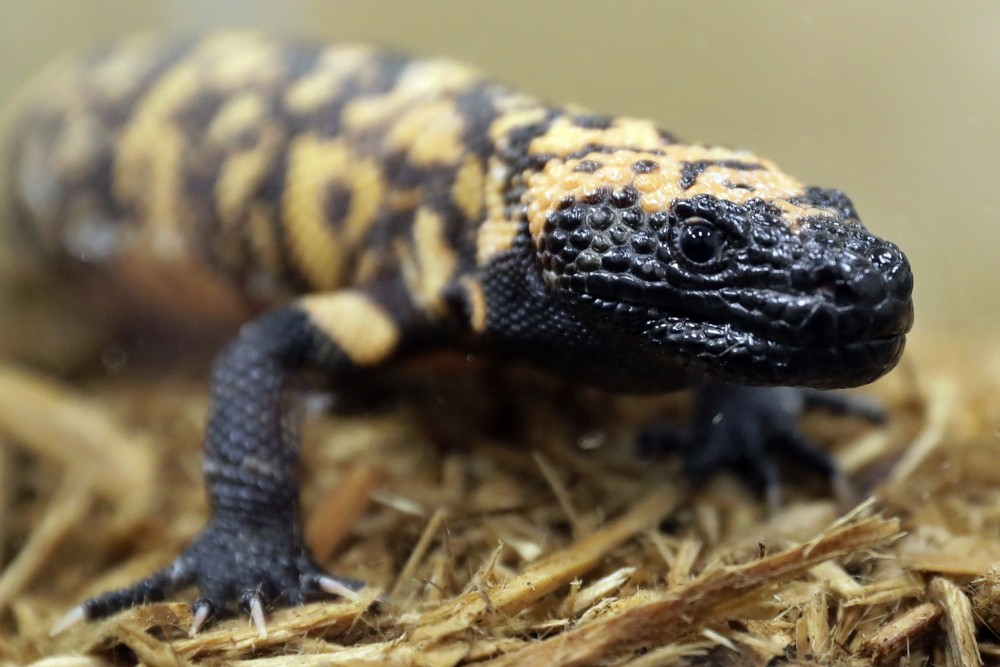22/02/2024
22/02/2024

WASHINGTON, Feb 22, (AP): A Colorado man who died after getting bitten by a Gila monster was hardly alone in having the gnarly looking lizard for a pet.
They're legal to own in most states, easily found through breeders and at reptile shows, and widely regarded for their striking color patterns and typically easygoing personality.
But while 34-year-old Christopher Ward's death Friday may have been the first from a Gila monster in the US in almost a century, the creature's bite is well-known to be excruciating - and venomous. For that reason, some question the wisdom of keeping the species as pets.
"It’s like getting your hand slammed, caught in a car door," Arizona State University professor Dale DeNardo said of the lizard's bite. "Even that initial pain is extended for an hour. Then you get the typical days of soreness, throbbing pain. It’s much worse than any bee, wasp or scorpion.”
A Gila monster enthusiast who has studied the reptiles for decades, DeNardo said even he wouldn't want to have one in his house.
Within minutes of Ward’s pet lizard named Winston biting down on his hand without letting go, Ward was vomiting and couldn't breathe, according to a report by the animal control officer who interviewed his girlfriend.
He was put on life support but didn't pull through, dying less than four days after the bite.
Ward's girlfriend told animal control they bought Winston at a reptile exhibition in Denver in October and another Gila monster named Potato from a breeder in Arizona in November. She relinquished the lizards to be taken to a South Dakota reptile sanctuary after the bite.
Colorado requires a permit to keep a Gila (pronounced HE-la) monster. Only zoological-type facilities are issued such permits, however, and Ward apparently didn't have one for his lizards, said Colorado Parks and Wildlife spokesperson Kara Van Hoose.
By being sold at a reptile show, Winston may have slipped through the cracks of state enforcement. Colorado Department of Natural Resources agents sometimes attend shows to make sure illegal animals aren't for sale.
"It does happen from time to time,” Van Hoose said. "We've confiscated some from those.”


